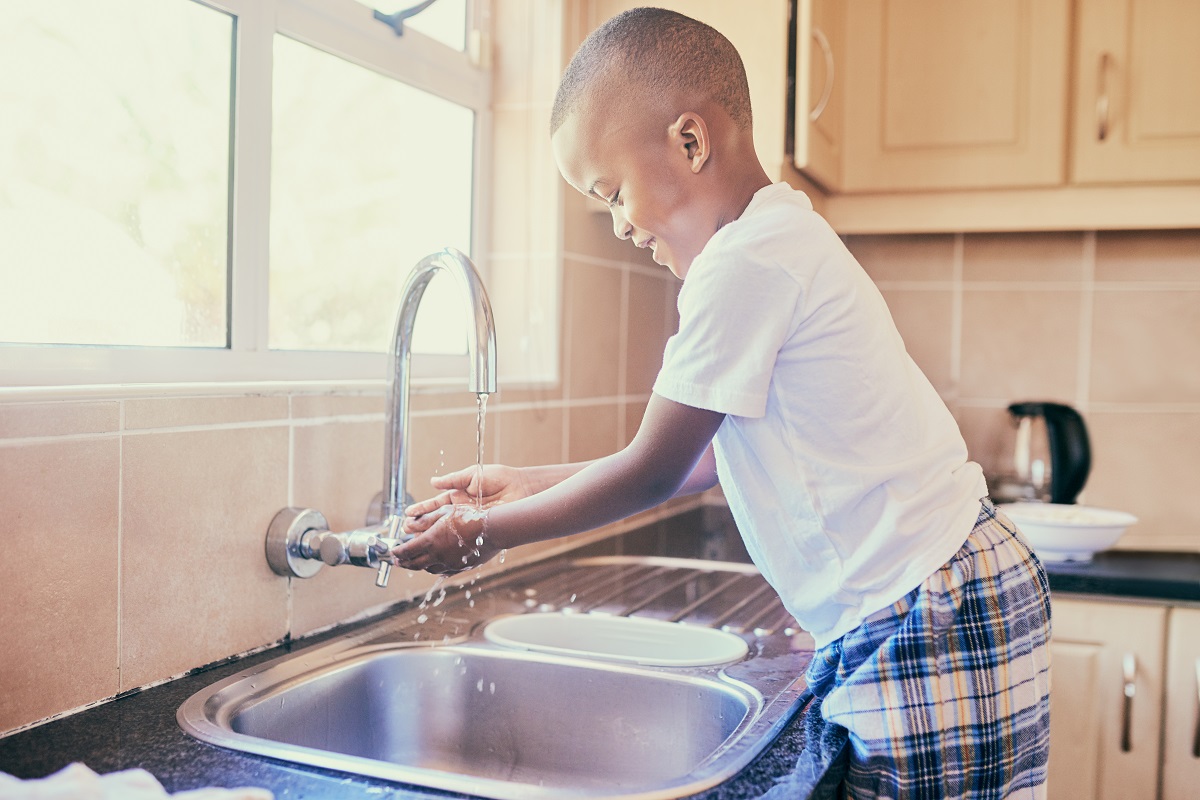How can you wash your hands if you don’t have water?
That’s the dilemma faced by people across the US whose water has been shut off during the COVID-19 pandemic.
No one knows exactly how many people are living without water in this country. But a 2018 assessment from Food and Water Watch put the figure at about one in 20 Americans -- approximately 15 million people.
Without strong leadership from Congress and state and local officials, that number is likely to spike -- fast. Nearly one in four Americans works in a sector that’s likely to take an economic hit because of the virus. With their incomes lost or reduced, people may be forced to choose between paying their utility bills, making rent, and putting food on the table.
It’s not only wrong and immoral to shut off the water of those who’ve lost jobs through no fault of their own. Right now, it’s also an enormous public health risk. According to the Centers for Disease Control, the best way to keep the virus from spreading is by frequent, thorough handwashing.
And it’s an environmental justice issue. Lack of access to clean water doesn’t affect everyone equally. Cities with high rates of poverty, and cities with large populations of people of color, are disproportionately likely to also have high rates of water shutoffs. Black households spend a higher proportion of their income on utility bills but suffer higher rates of disconnection.
Detroit is a case study in inequitable access to water. Residents are faced with steep utility bills because of declining federal funding and the legacy of white flight: 500,000 Detroit residents, 79 percent of them Black, support a water system that was built for more than a million. The average Detroit resident earns about $26,000 a year -- and receives a $1,151 water bill. Thousands of households in Detroit began the COVID-19 crisis without running water, and now its hospitals are rapidly filling with coronavirus patients, a disproportionate number of them Black.
After hearing from community groups including We the People of Detroit, Hydrate Detroit, the People’s Water Board, the Sierra Club, and others, Governor Gretchen Whitmer agreed to address this public health emergency. On March 28, she signed an executive order ending water shutoffs in the state, and requiring that households disconnected from the water system have their water turned back on. She also authorized $2 million in state funding to reconnect households to water.
Governor Whitmer’s order should serve as a model for the two-thirds of the country that has yet to declare a moratorium on water shutoffs, despite the clear threat to public health that disconnections pose. And it should serve as a reminder to the cities, states, and towns that have moratoria that there’s more to be done. Very few have taken the step of reconnecting households to water or providing funding for that essential step.
As Congress drafts its fourth package of COVID-19 relief legislation, I hope legislators will keep Detroit and Governor Whitmer in mind as well. After providing corporations with a nearly half-trillion dollar slush fund, Congress must focus on making sure American families of every race and income level have what they need to survive this pandemic -- and that includes access to clean, affordable water. If you want to slow the spread of this virus through at-risk communities, I urge you to send a note to your legislator demanding a nationwide moratorium on shutoffs.
We are all anxious for a return to a post-pandemic normal. But what is happening in communities around this country is a reminder that normal isn’t good enough. We shouldn’t be rebuilding the inequitable economy we used to have, but the just, sustainable, and fair economy that we need. A lack of access to clean, affordable water was an emergency long before the pandemic hit. We need to strive for a new normal, a better normal, where everyone can turn the tap and drink clean water.
